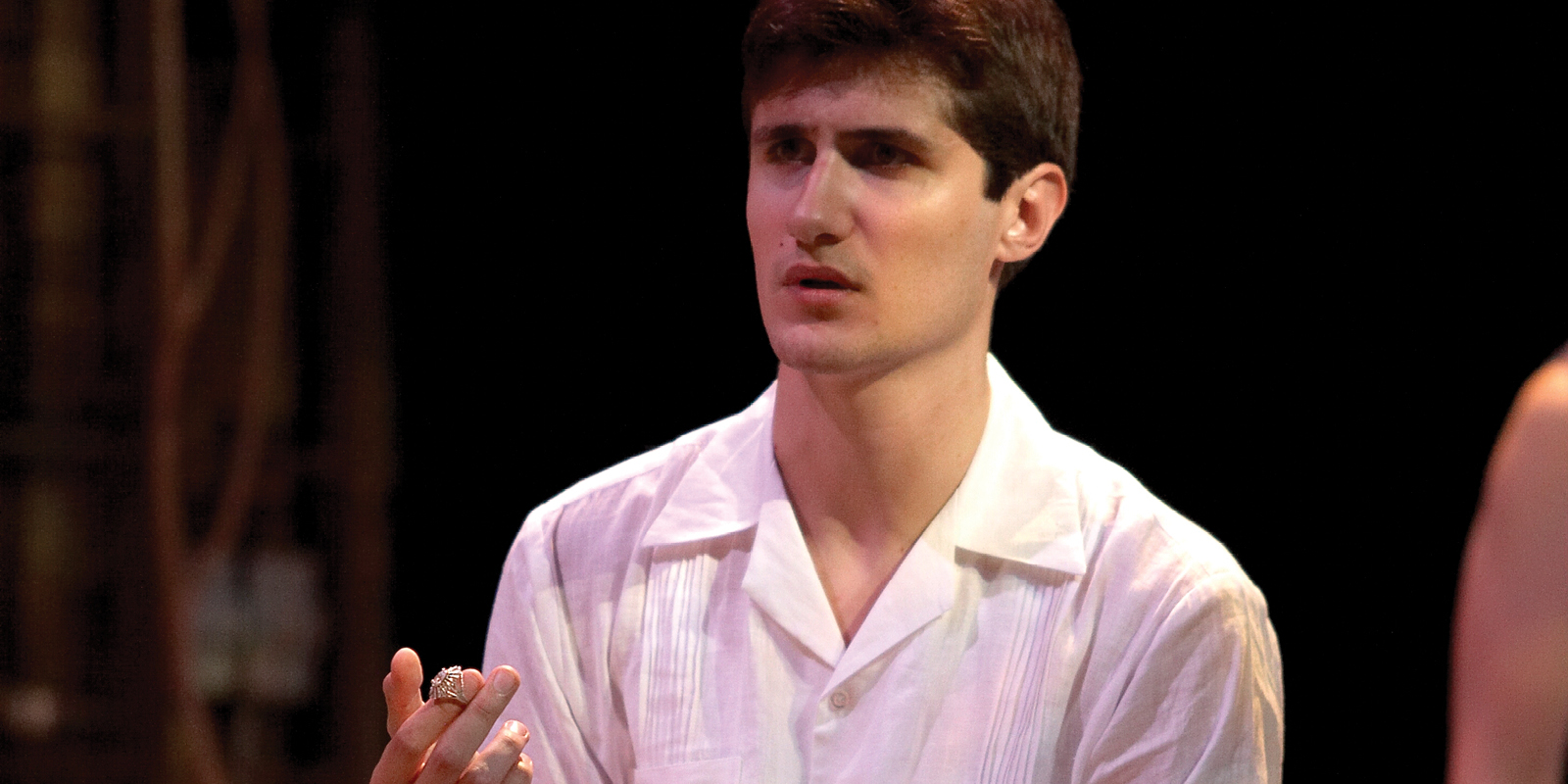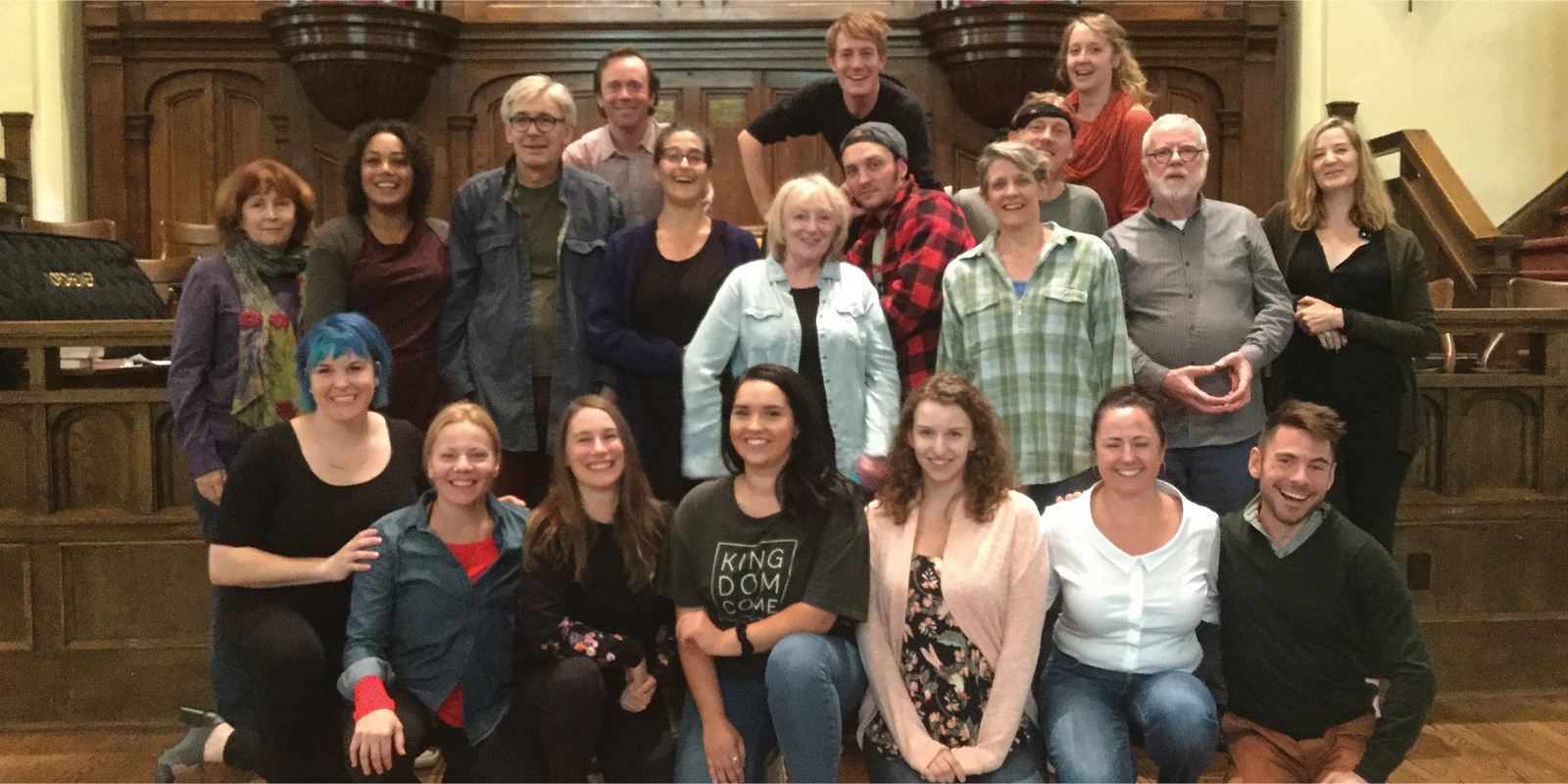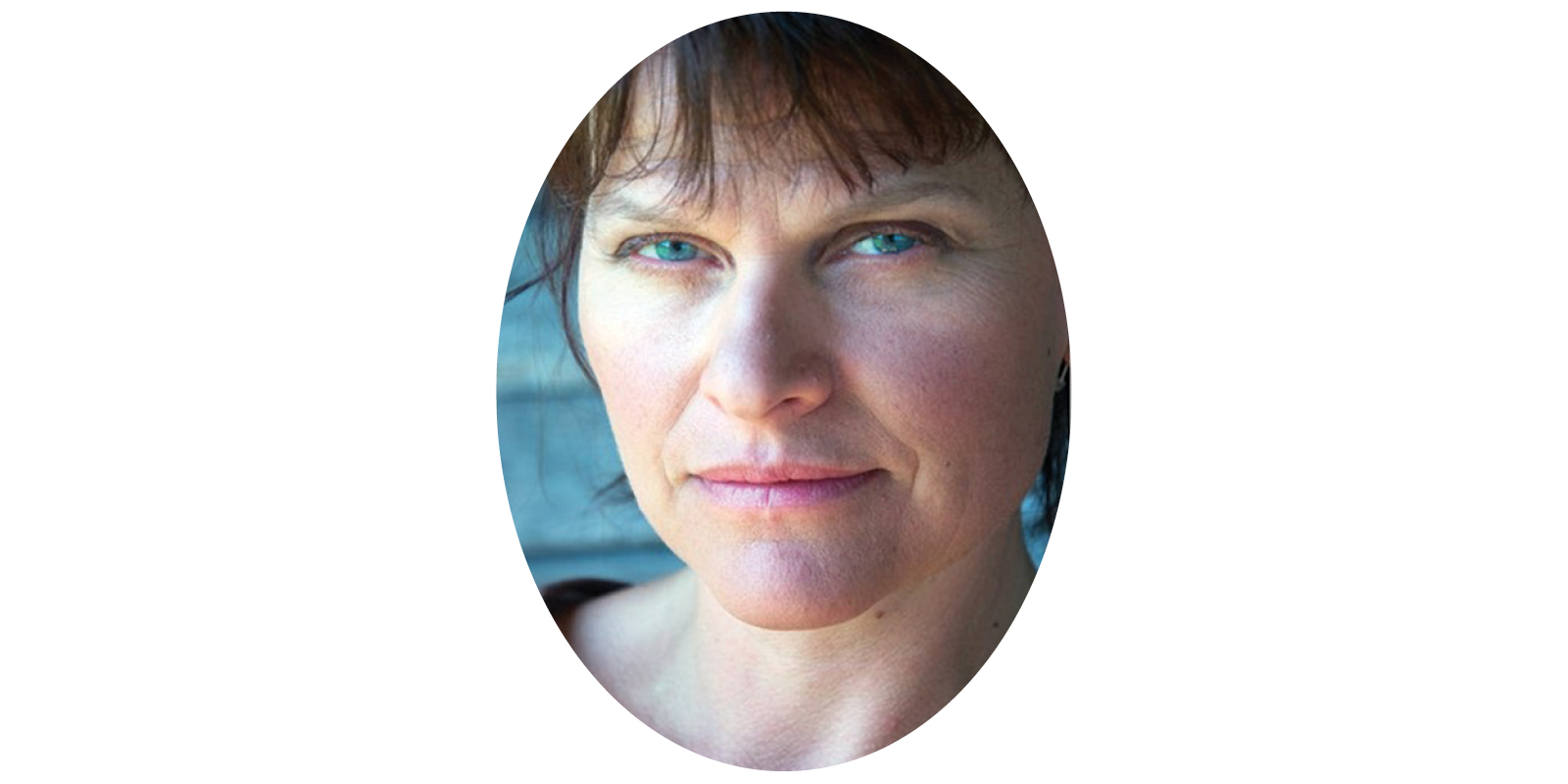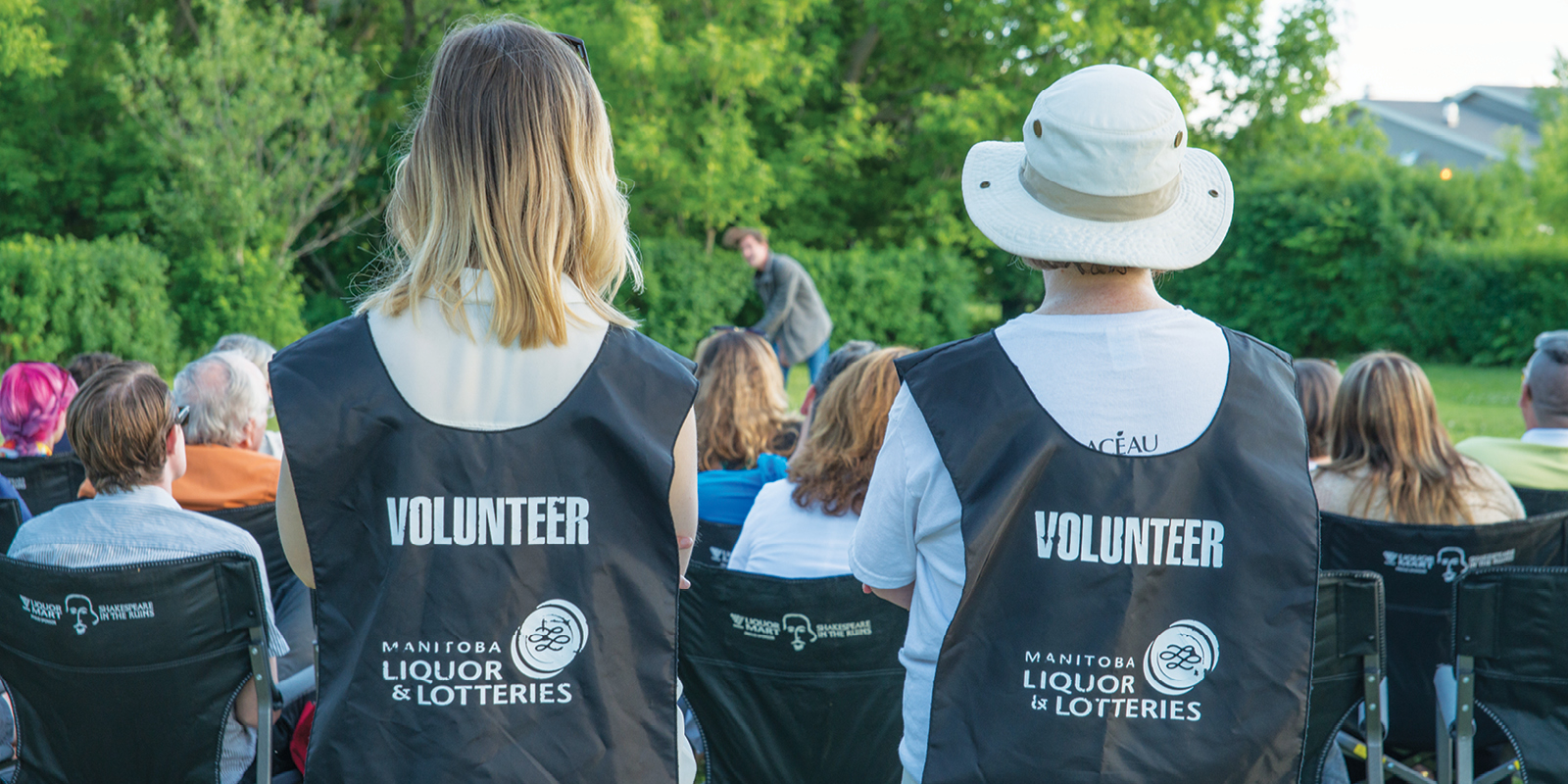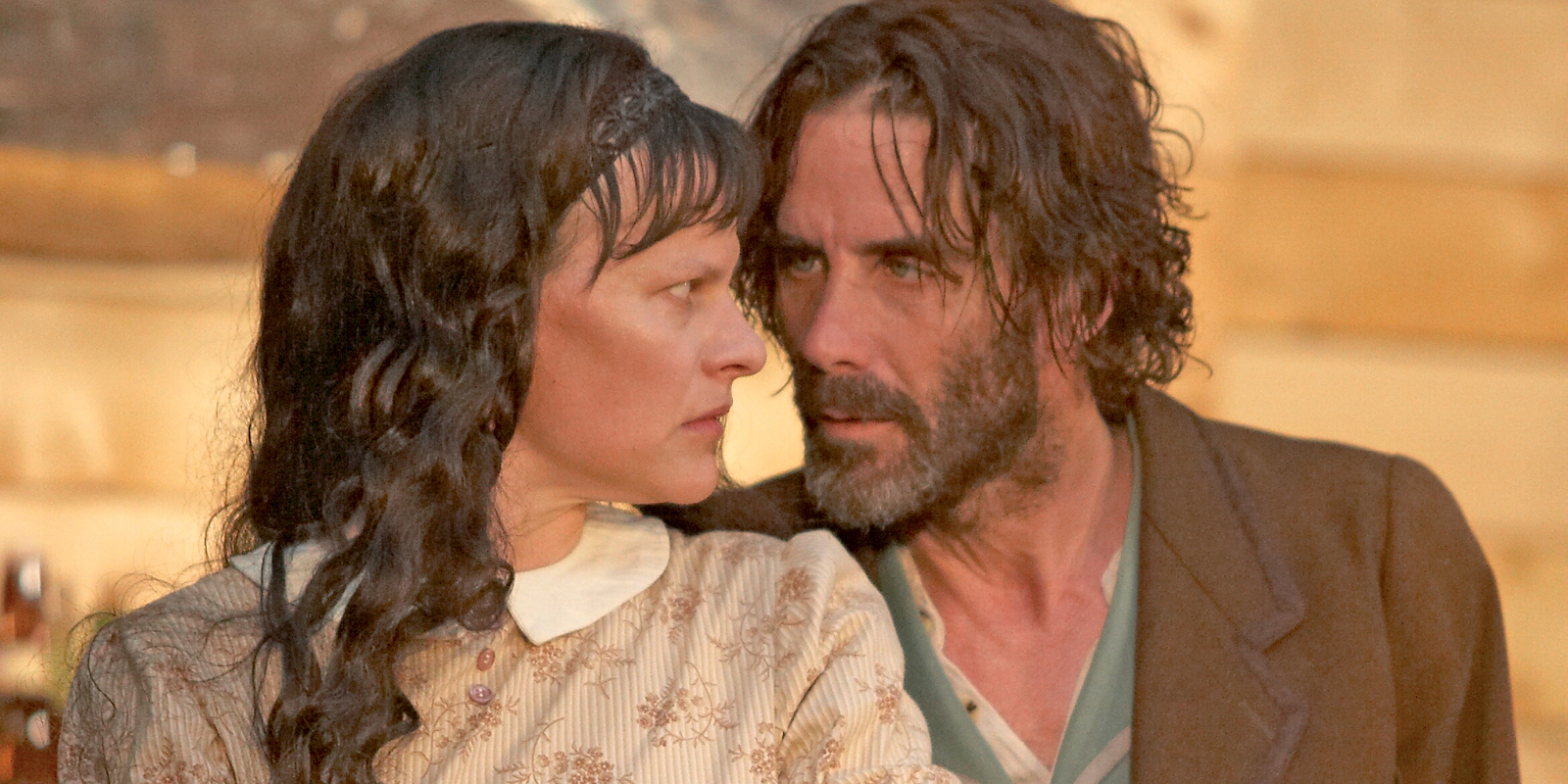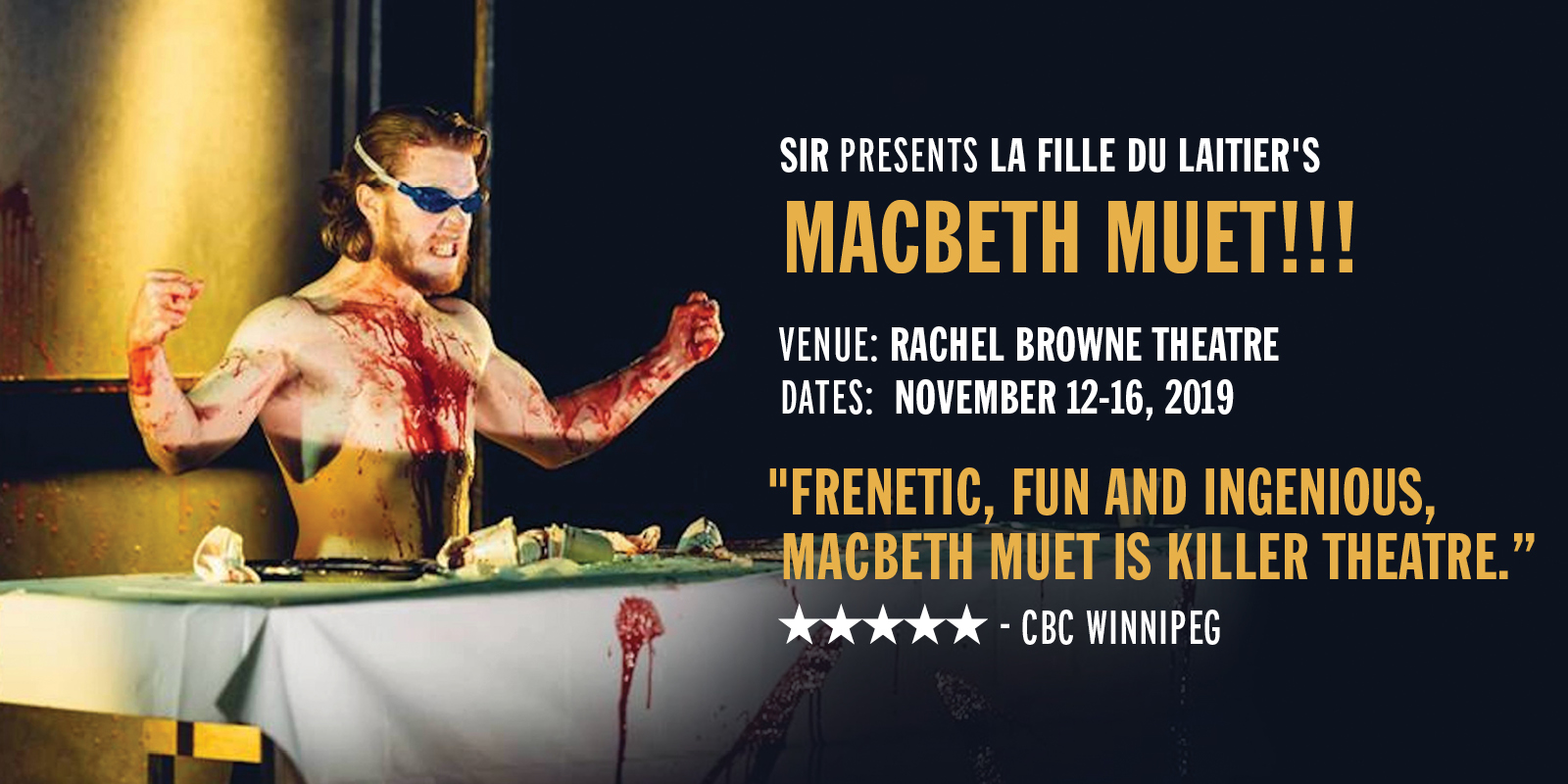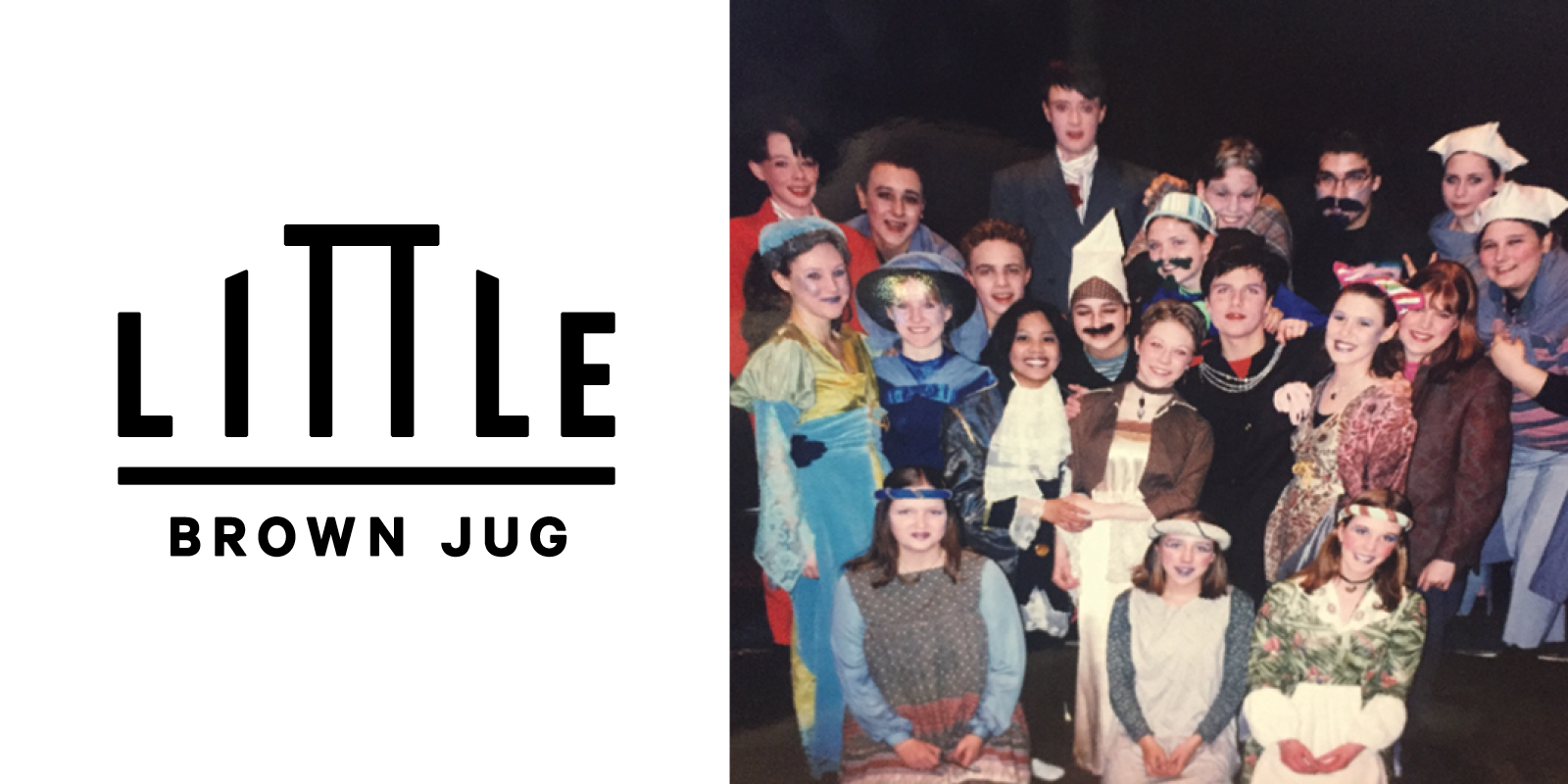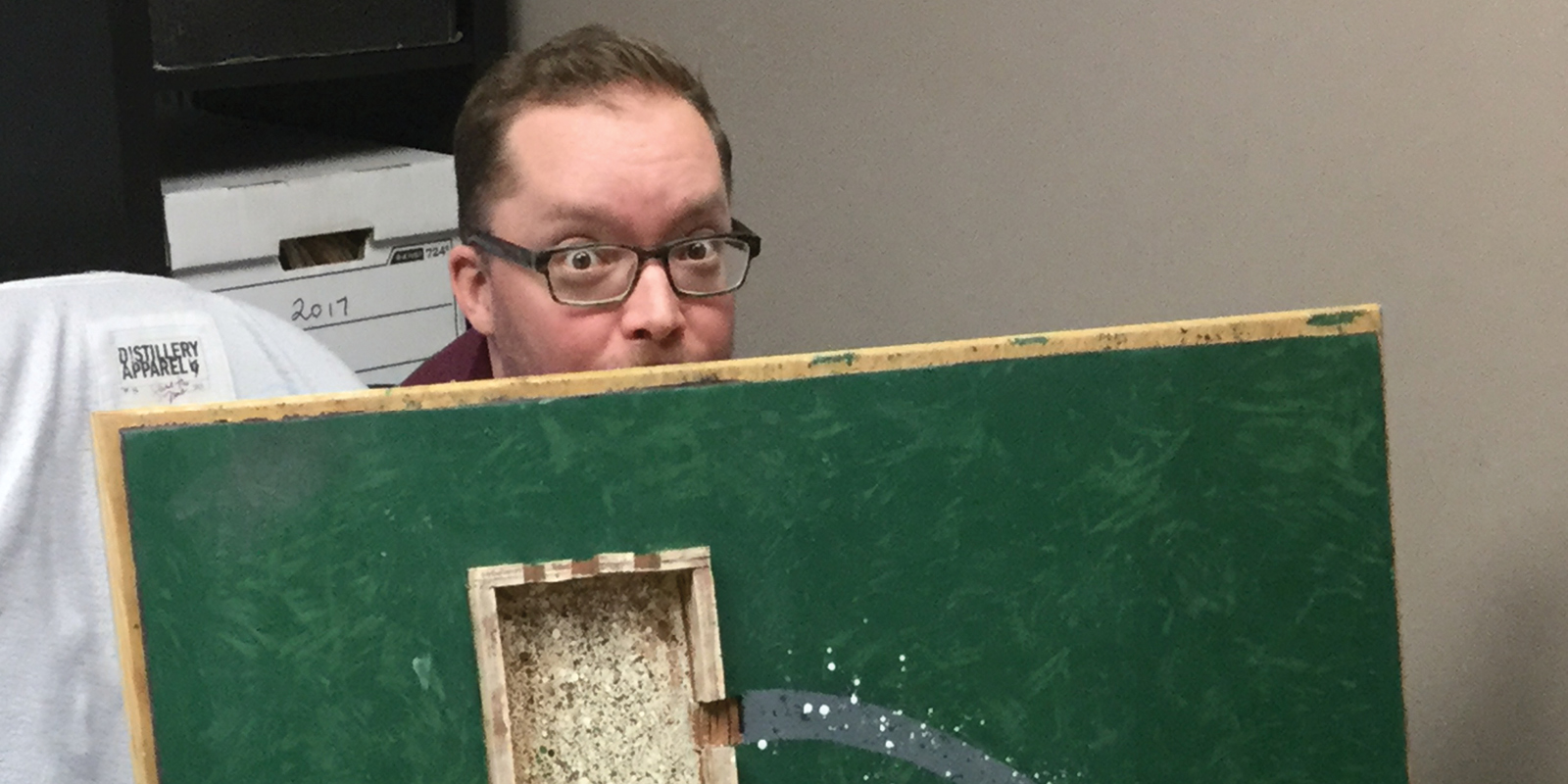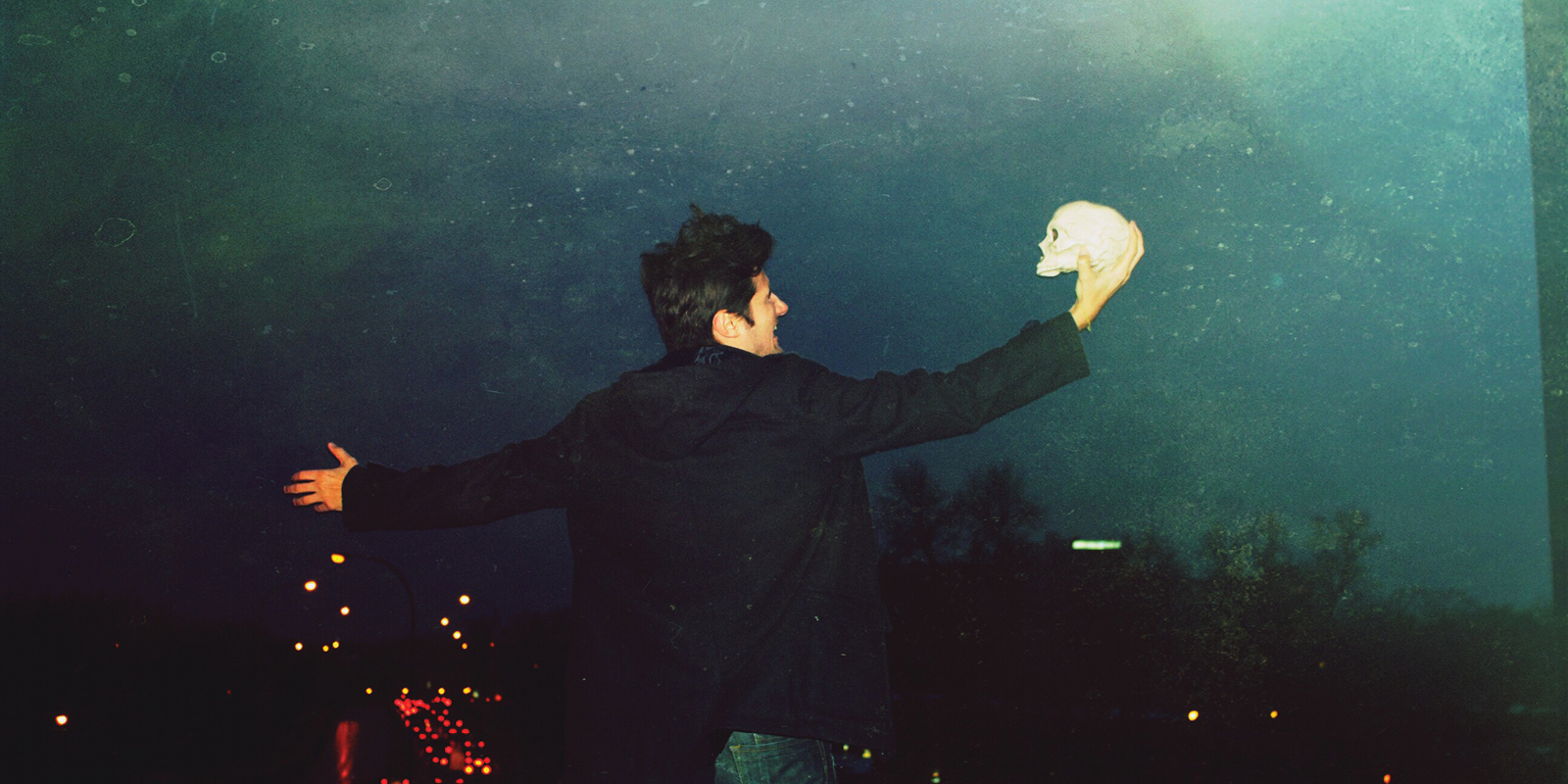
by Rodrigo Beilfuss
When I first read Hamlet in high-school, it quite fundamentally changed my life.
The story of a brooding, brilliant punster of a young man who couldn’t think his way out of the pain of existence intoxicated me – and it continues to intoxicate me well into adulthood.
Living is essentially a constant exercise in running away from pain, and no other play encapsulates that struggle more deeply than Hamlet.
This chance to discover it afresh with SIR this Spring is tremendously exciting. On a personal note, I am looking forward to returning to the ruins, where I last played Angelo in the 2014 production of The Comedy of Errors. The ruins are a magical place, and SIR is the magical company responsible for kick-starting my career: they took a leap of faith and hired me straight out of university to play Bassanio in the 2007 production of The Merchant of Venice. If Hamlet changed my life by igniting my dream of becoming an actor, it was SIR who were responsible for making that dream come true.
Additionally, I am looking forward to tackling the play as a director, having played Hamlet in 2015 in an independent production – my last Shakespeare show in Winnipeg before relocating to Ontario to join the Stratford Festival, where I have been for four seasons. That Hamlet was directed by SIR’s Sarah Constible, and the cast featured two other SIR luminaries: Michelle Boulet and Andrew Cecon.
As you can tell, we are putting the band back together. As Hamlet would say, “there is a divinity that shapes our ends…”
For theatre makers, beginning work on the play can often feel like entering that gigantic warehouse at the end of Indiana Jones & the Raiders of the Lost Ark: there are shelves and shelves of old, famous productions, but eventually you get to the very back of the building, and what you find is a dusty script all by itself – “Hamlet” – and you go “ok how about we start with THIS”.
For SIR’s Hamlet, I’d like to strip away from the play its weighty literary inheritance, and aim to return it to being sheet music for actors to act. Moreover, we will have a woman play the title role. It is my firm belief that a classical company that isn’t alive to the present has no business in making the past live.
And the present says that the future is female.





